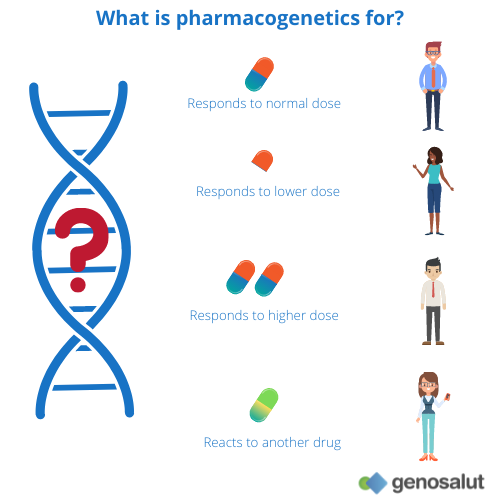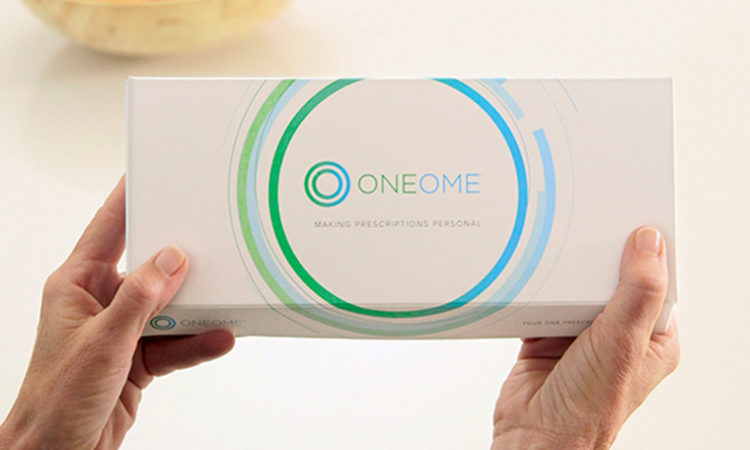Pharmacogenomics: Personalizing Medications for Better Outcomes
Pharmacogenomics, the intersection of pharmacology and genomics, is actively changing the way we think about drug therapy. By tailoring medication to an individual’s genetic makeup, this sub-industry of personalized medicine aims to enhance drug efficacy, reduce adverse effects, and eliminate the trial-and-error approach to prescribing medication. The pharmacogenomics market is projected to grow at a Compound Annual Growth Rate (CAGR) of 8.5%, with a Total Addressable Market (TAM) expected to exceed $11 billion by 2030.
Why Pharmacogenomics?
Traditional medication regimens often fail to consider genetic variations that affect how individuals metabolize and respond to drugs. This one-size-fits-all approach, which is the standard for personalized medicine today, leads to suboptimal outcomes, with an estimated 50% of patients not benefiting from prescribed medications. Pharmacogenomics addresses this challenge by leveraging genetic insights to optimize drug choice and dosage.
Take, for example, the field of oncology: pharmacogenomics has enabled the development of targeted therapies that are significantly more effective for patients with specific genetic mutations. Similarly, in mental health, genetic testing is helping clinicians predict how patients will respond to antidepressants or antipsychotics, reducing the time it takes to find effective treatments.

Who Is Making Noise in the Industry?
AltheaDx is a leader in precision medicine, focusing on pharmacogenomic testing for mental health. Their product, IDgenetix®, provides clinicians with actionable insights on which medications will work best for patients with conditions like depression and anxiety. By combining genetic data with clinical decision support tools, AltheaDx is driving a new era of evidence-based psychiatry.
This startup specializes in genetic testing for medication management, helping clinicians identify potential drug interactions based on a patient’s genetic profile. Their YouScript® platform integrates pharmacogenomic data with drug databases to offer personalized medication guidance.
MyDNA combines genetic testing with a user-friendly app that provides personalized medication recommendations. Their platform not only empowers patients to understand their genetic predispositions but also helps clinicians make informed prescribing decisions.
CureMatch focuses on oncology, using advanced algorithms to analyze patient-specific genetic data and recommend the best drug combinations for cancer treatment. Their innovative approach has already demonstrated improved outcomes for patients undergoing chemotherapy.
Co-developed by the Mayo Clinic, OneOme’s RightMed® test assesses how a patient’s genetic makeup impacts their response to medications. While the startup collaborates with clinicians to optimize treatments, it also focuses on integrating pharmacogenomic data into broader healthcare systems to drive adoption at scale.

OneOme’s RightMed Test
What’s Coming Next?
The future of pharmacogenomics is as exciting as it is transformative. With advancements in AI and big data, startups are increasingly capable of integrating pharmacogenomic data into clinical workflows, making personalized medication the norm rather than the exception. The following trends are likely to shape the next decade:
Expansion Beyond Oncology and Mental Health
While oncology and psychiatry are current focal points, pharmacogenomics is expanding into cardiovascular diseases, diabetes, and even infectious diseases, offering more personalized treatment options across a broader spectrum of healthcare.
Integration with Digital Health Platforms
Wearables and mobile apps will play a critical role in collecting real-time health data that can be combined with genetic insights to refine medication regimens over time.
Global Adoption
As pharmacogenomic testing becomes more affordable, startups are targeting underserved markets in developing countries, democratizing access to personalized medicine.
Challenges and Opportunities
While the promise of pharmacogenomics is undeniable, several challenges remain. These include the need for greater clinician education, the integration of genetic data into electronic health records, and ethical considerations surrounding genetic privacy. However, as startups continue to innovate and partnerships with healthcare providers grow, these obstacles are steadily being addressed.
As pharmacogenomics evolves, it holds the promise of a healthcare future where every prescription is optimized for individual patients. By focusing on startups that are pushing the boundaries of what’s possible, we see a glimpse of a world where medication is not just a treatment but a tailored solution to human health.
—————————————–
If you are a builder, investor or researcher in the space and would like to have a chat – please reach out to me at amit.k@thelotuscapital.com
